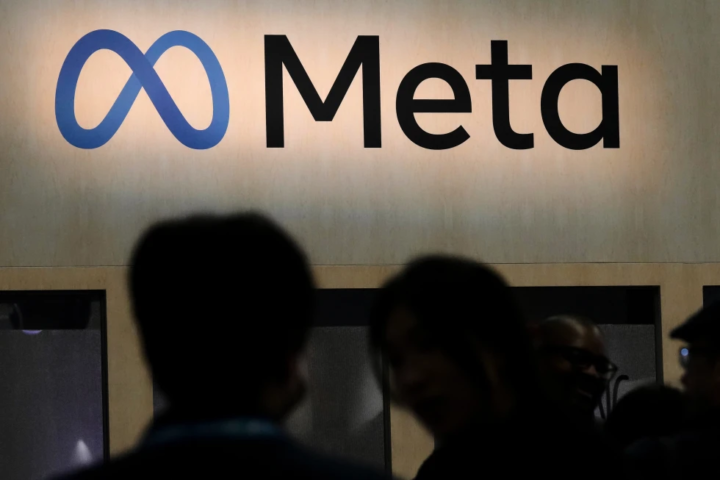Cracking Down on Unfair Tactics
China just released draft rules to clean up how major internet platforms set prices. The goal: stop shady pricing tricks, hidden fees, and algorithms that favor big players. Regulators want sellers and shoppers to deal with clear, fair terms.
The rules say platforms and merchants must use written pricing agreements. No more surprise charges or changes after the fact. Stores can’t be pushed into bad deals by having their rankings lowered. Pricing has to be honest and upfront.
For years, small sellers have been complaining. Algorithms often bury them, and big discounts go to big brands. This leaves smaller players struggling to compete. The new rules ban selective subsidies, unclear rankings, and misleading discount tactics.
Keeping Big Platforms in Check
China’s digital market is huge, but it’s not a free-for-all anymore. The government wants to protect growth but stop tech giants from taking over. These draft rules are the latest in a broader push to regulate e-commerce, promote fairness, and hold platforms accountable.
Antitrust moves, tighter algorithm rules, and now pricing reforms all show China’s shift. Innovation is fine, but platforms can’t abuse their control. That message is aimed squarely at the biggest names in online shopping.
Companies like Alibaba and JD.com will feel this. Their systems often change prices on the fly, based on who you are, what you searched, or what store you clicked. That kind of pricing—personalized but often confusing or unfair—is now under the spotlight.
If enforced, the rules could stop platforms from using data to push prices higher or favor certain sellers. For businesses, that means fewer surprises. For buyers, it could mean real, honest deals.

What Shoppers and Sellers Can Expect
Sellers are often at the mercy of platform changes. One tweak to the fee structure or algorithm and their sales drop. These rules aim to give sellers more control and clarity. Contracts must be clear. Changes must be shared in advance.
For consumers, the rules could make online shopping simpler. Right now, it’s full of tricks: sudden discounts, fake “limited-time” deals, and shifting prices depending on your behavior. Shoppers are often left guessing if they’re getting a real deal.
The draft rules demand that platforms lay everything out clearly. Discounts should be explained. Fees need to be shown. Rankings should be fair. If it works, shopping online might finally feel less like playing a game you can’t win.
The government is asking for public feedback. Tech firms, sellers, and shoppers can all weigh in before final rules are set. Some details may change, but the push for clearer, fairer pricing is locked in.
The real test will be enforcement. China has fined platforms before for breaking rules. If they apply these rules seriously, online pricing will change. Platforms will have to update how they do business.
The bigger picture: China wants a strong digital economy, but not one built on tricks. These rules are a signal that sellers and shoppers deserve a level field. Prices shouldn’t be a puzzle. Rankings shouldn’t be used as weapons.
It won’t fix everything overnight. But if China follows through, online shopping could become a lot more straightforward for everyone.









